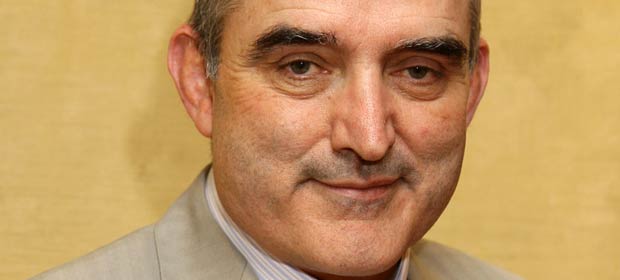It is a privilege for me to pen my first message as President of the Institute to this issue of Health Manager.
We are all, as health service managers, participants in a rapidly changing health service environment. The scale and pace of change facing us is unprecedented, its demands are all consuming, its challenges are enormous, its critics are ever present and testing, and yet standing head and shoulders over all of this is the great professionalism, dedication and enthusiasm of our front line managers and staff. It is to such that we owe our primary duty as managers, and no more so than in the clear and unambiguous statement of where it is we are going as a health service and how we are going to get there.

This current edition of Health Manager examines this challenge through a resumé and discussion of a recent Health Managers Forum in Tullamore which included presentations on Acute Hospital Reconfiguration and Integrated Service Areas. While the models of care presenting are well evidenced and sound, and more necessary now than ever, there remains the need for a realignment of planning processes, for fostering new mind-sets and for greater “conditioning” of the political system if the new model is to have full effect. Above all, and parallel with this, is the need for a definition of what constitutes an appropriate health service (from community to tertiary services) for a regional population and an equitable distribution of resources to reflect this.
The recent publication of the report of the Expert Group on Resource Allocation is a welcome step in this regard. It is important now that its recommendations are implemented in a planned way through all levels of the health care system. This will greatly enhance transparency, provide clarity and rationale to resource allocation and improve governance. Critically also it will incentivise managers and facilitate a greater focus on the patient.
RICHARD DOOLEY
President, Health Management Institute of Ireland

